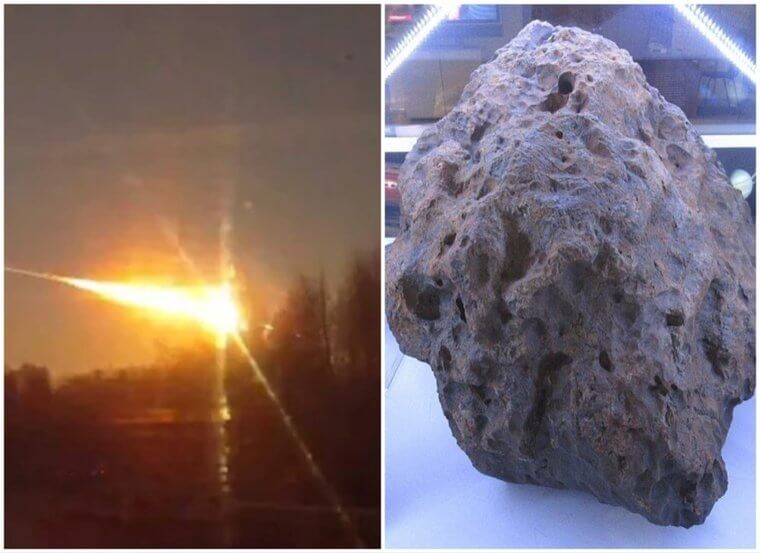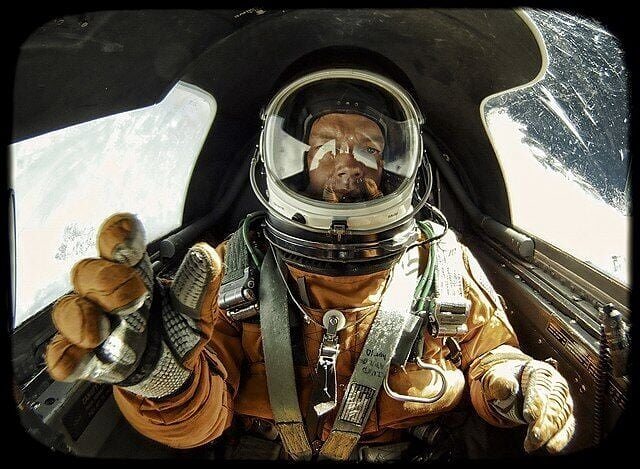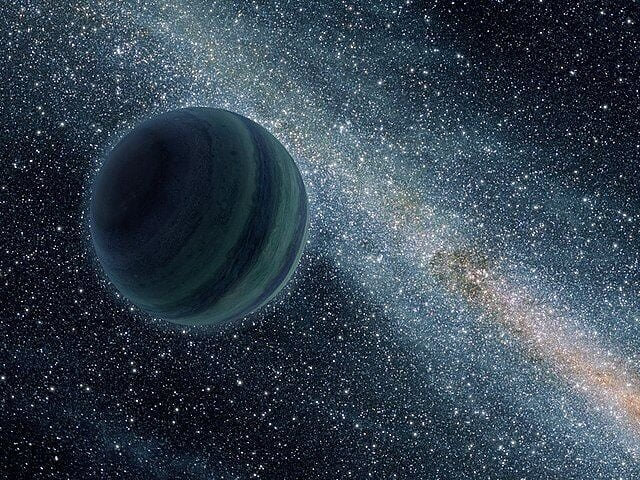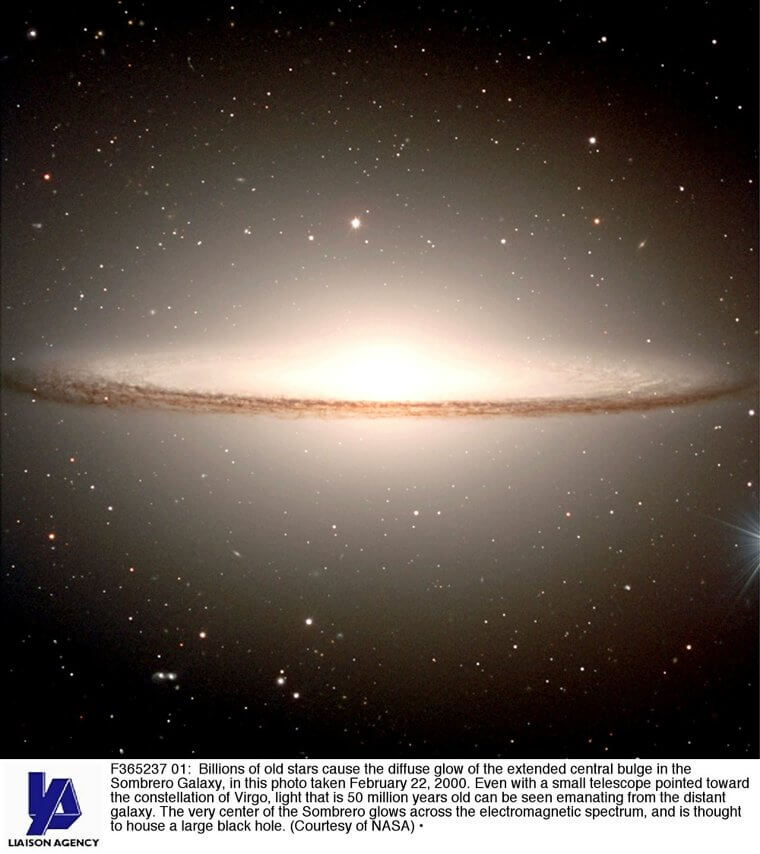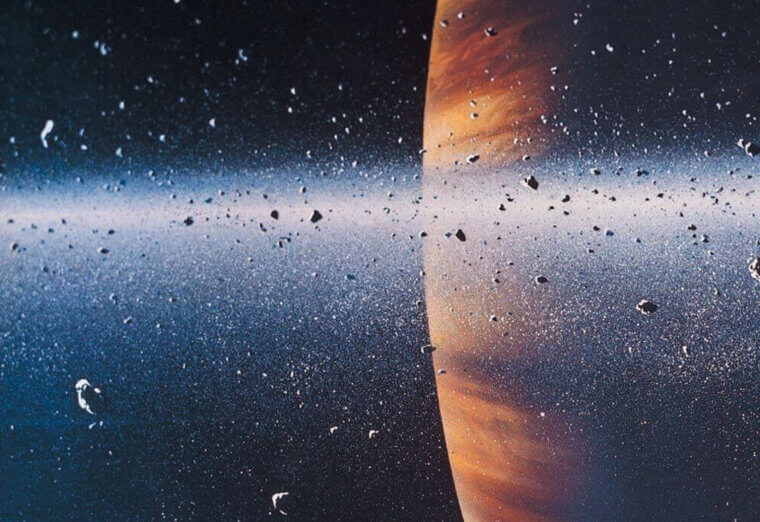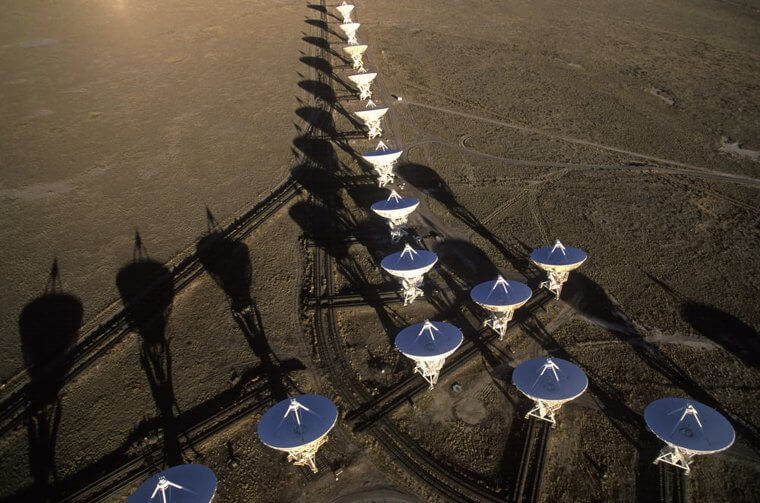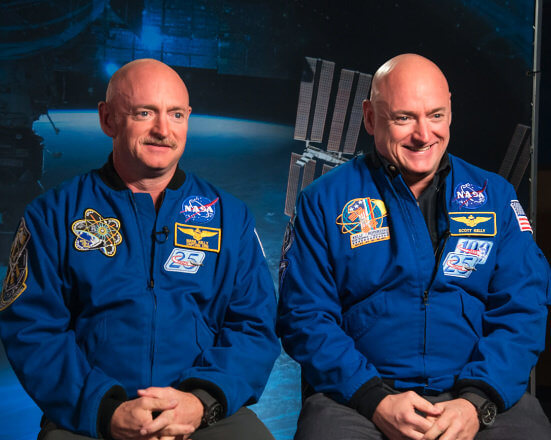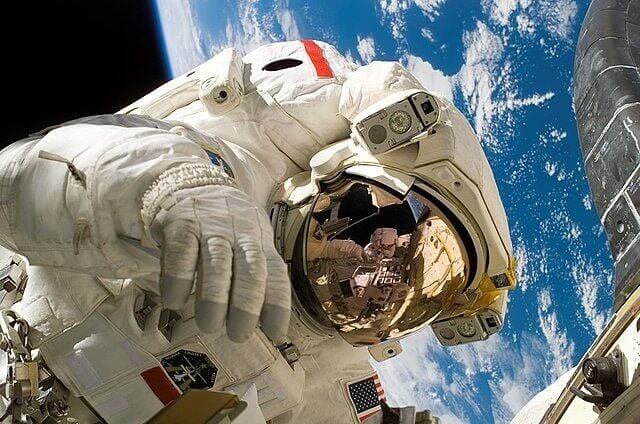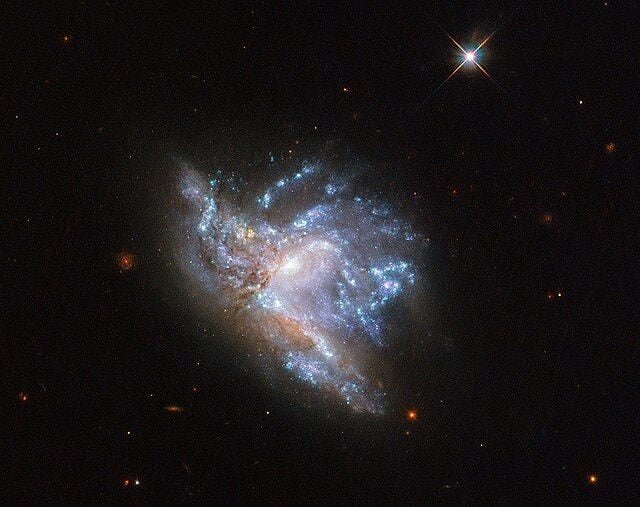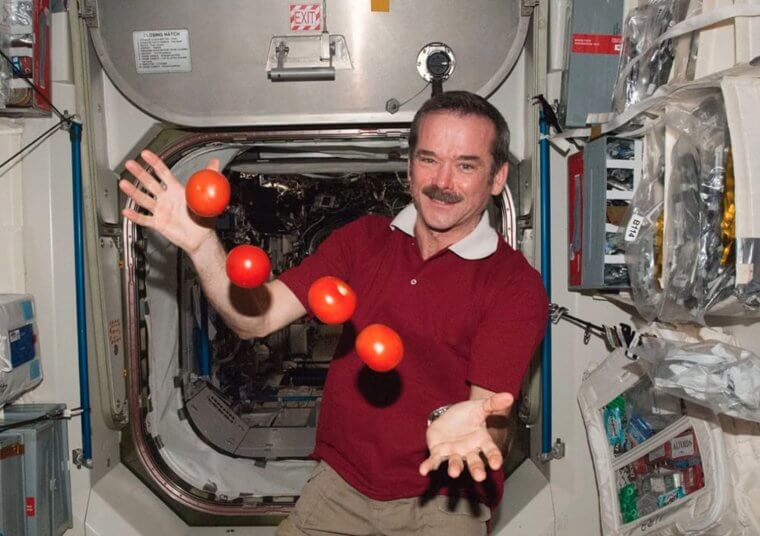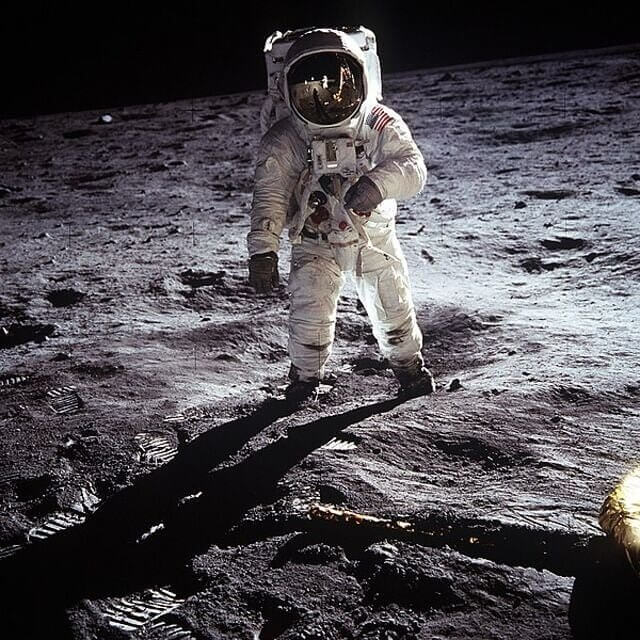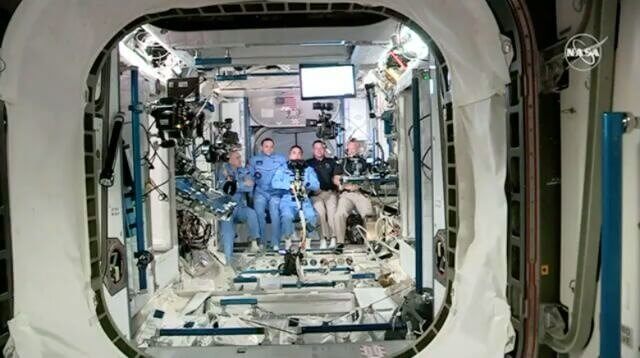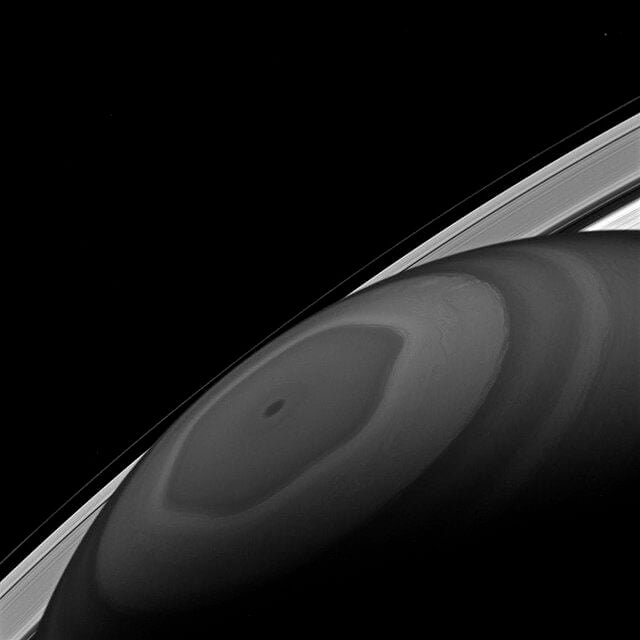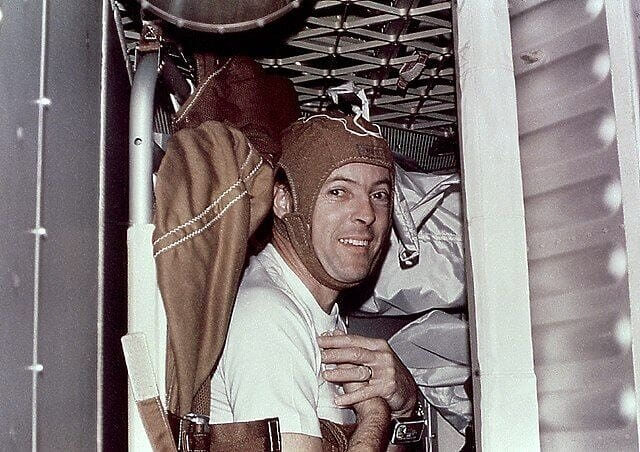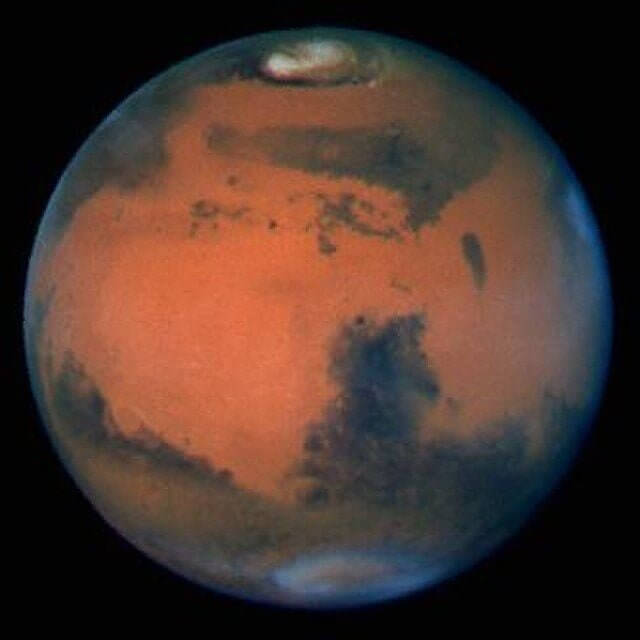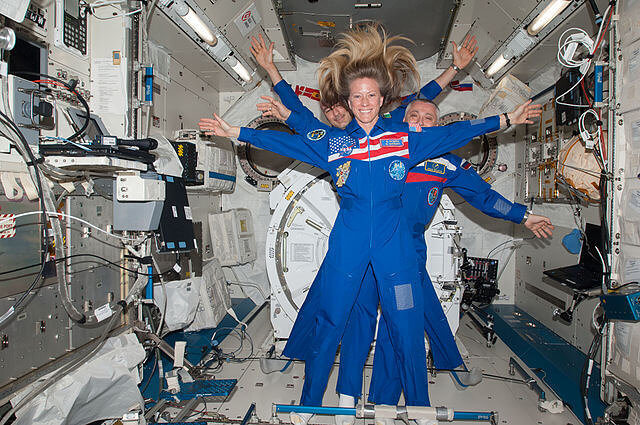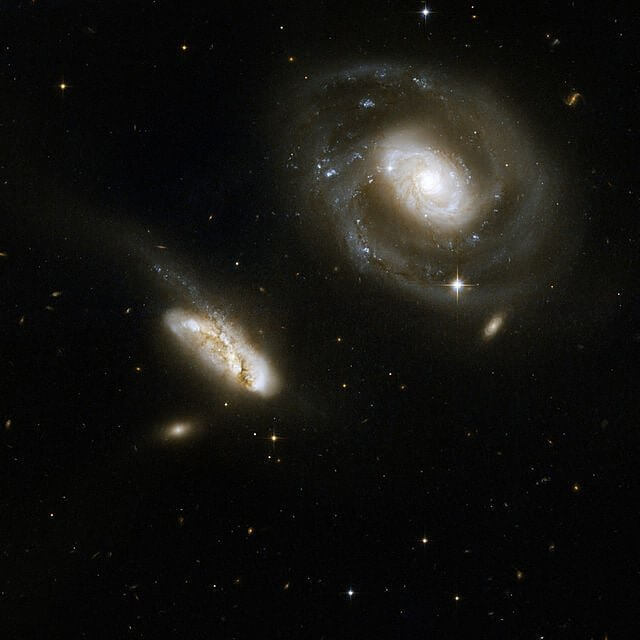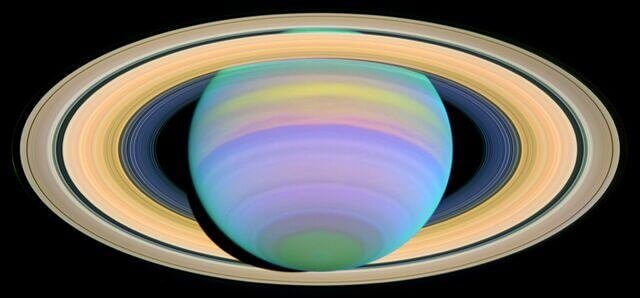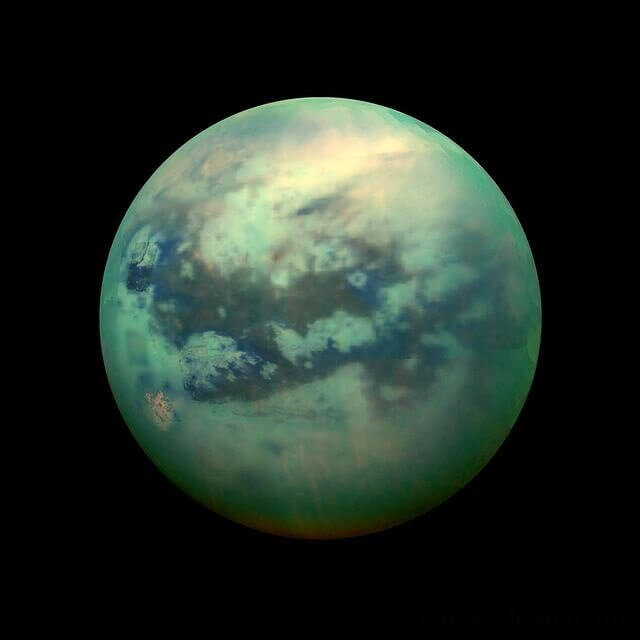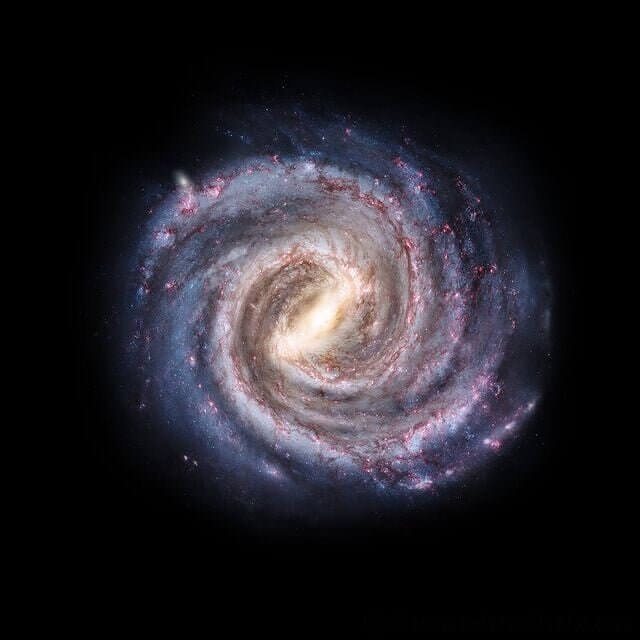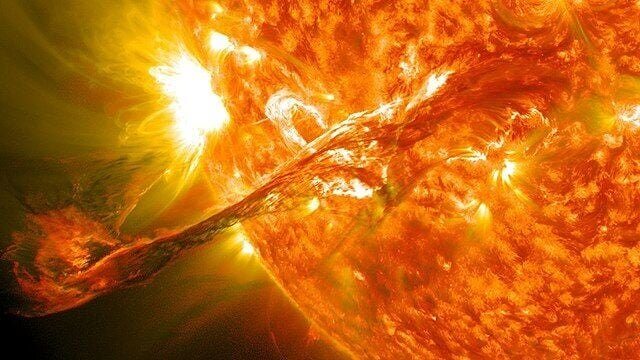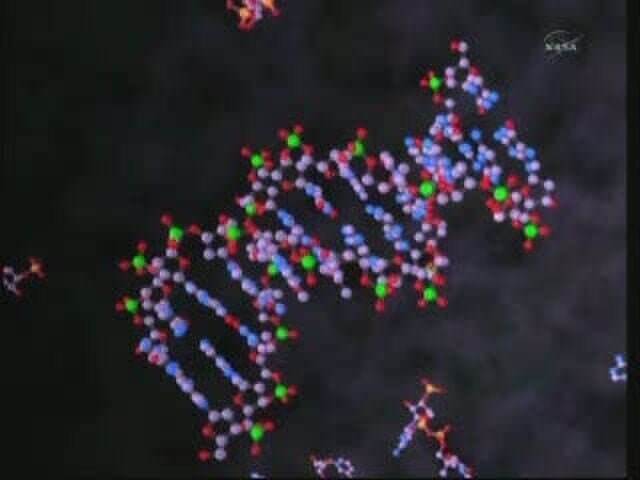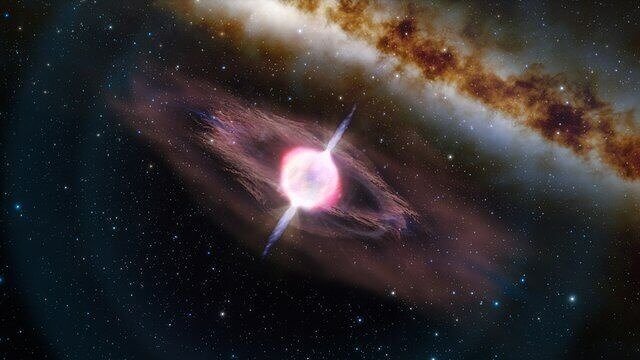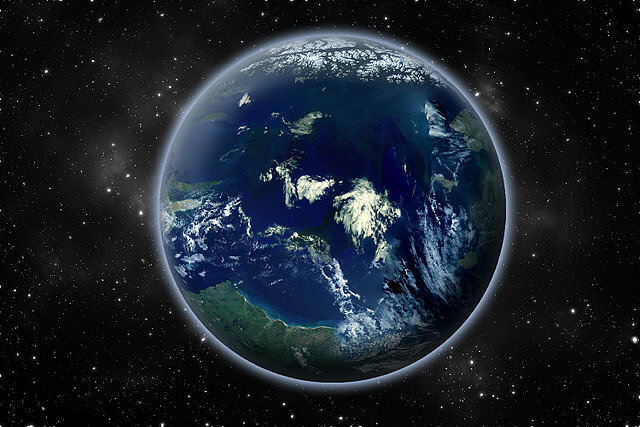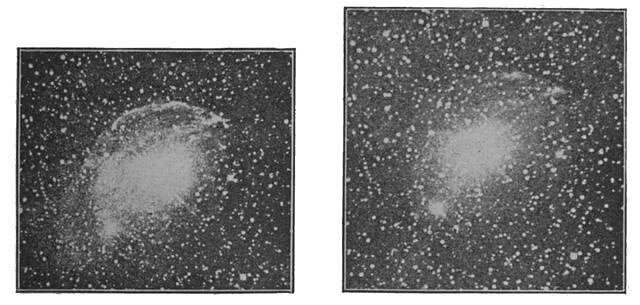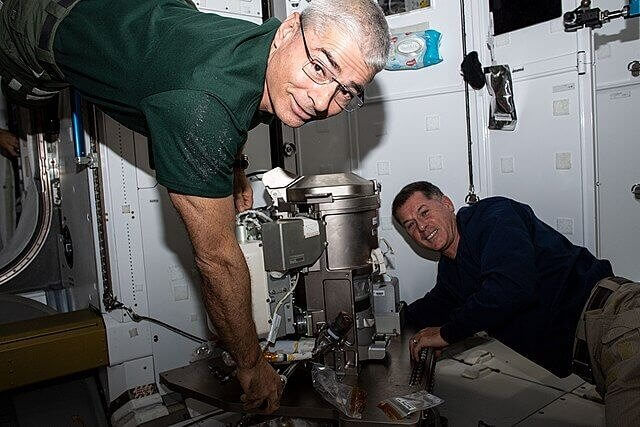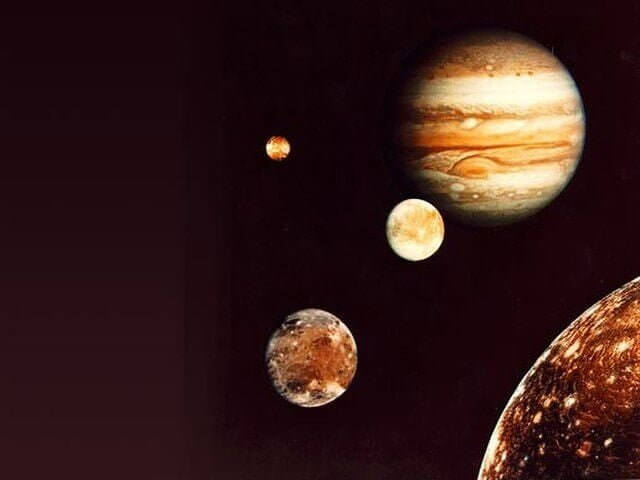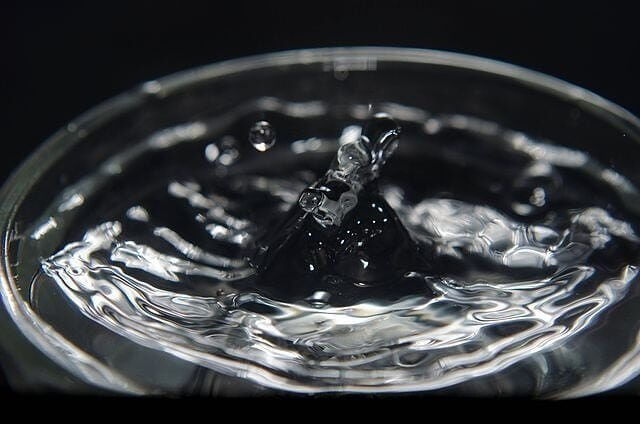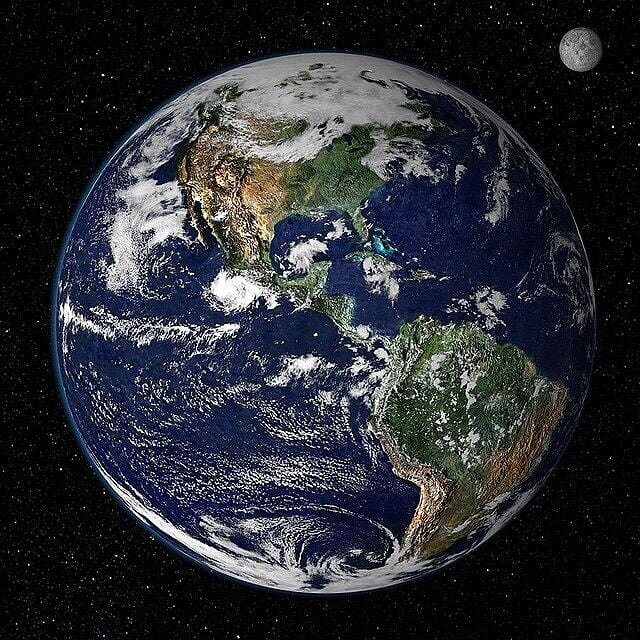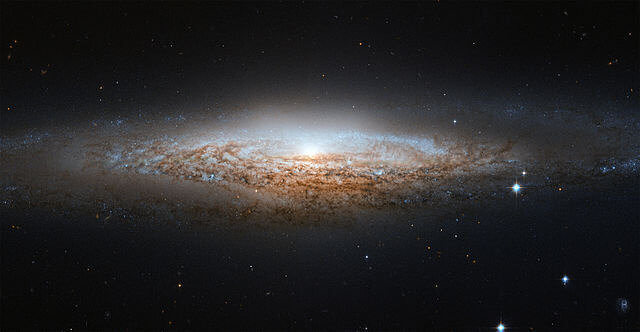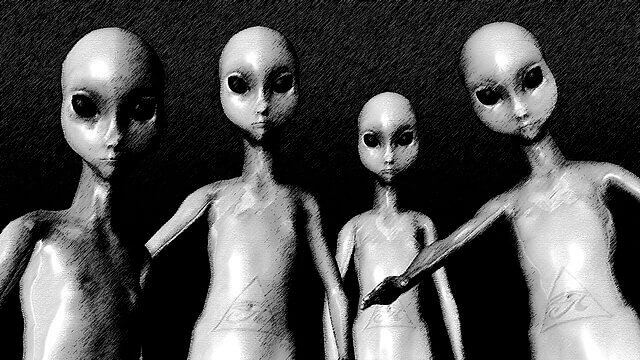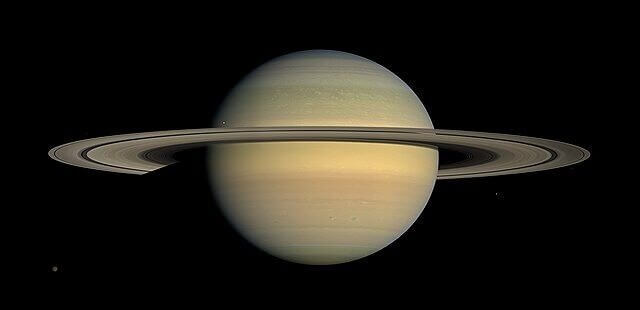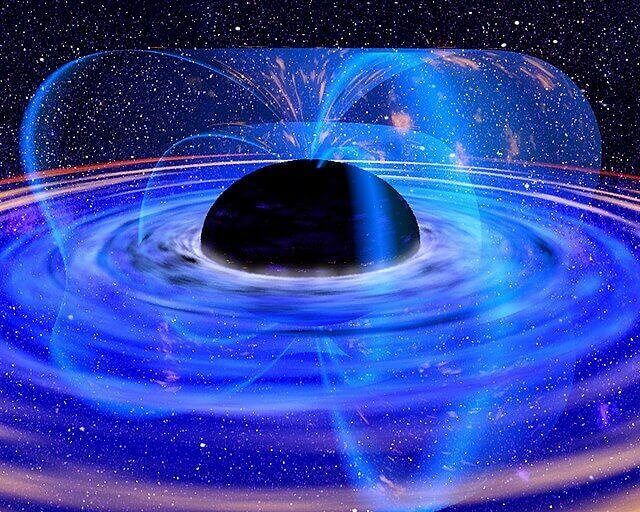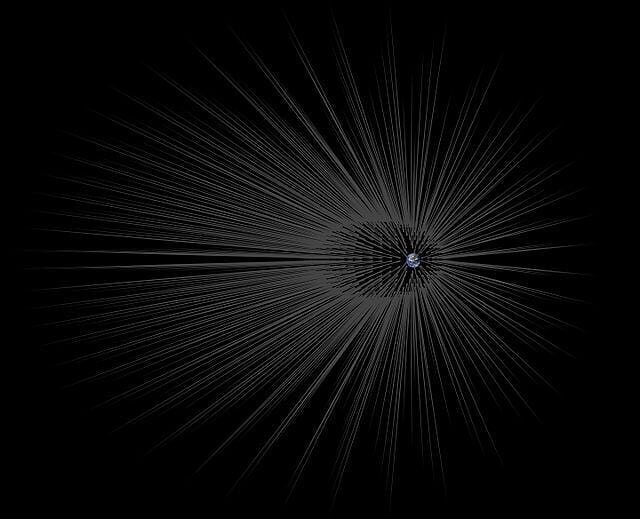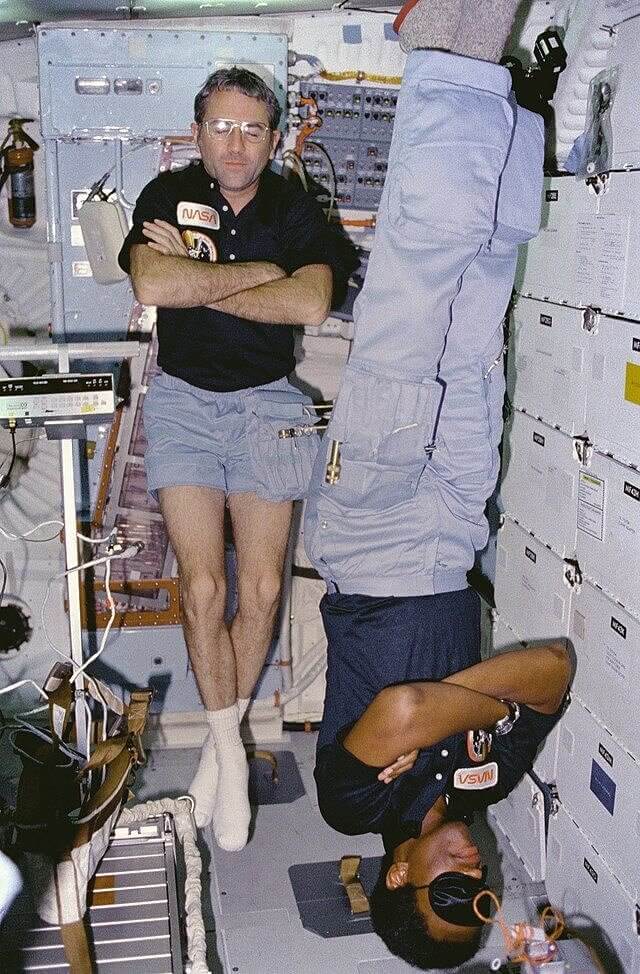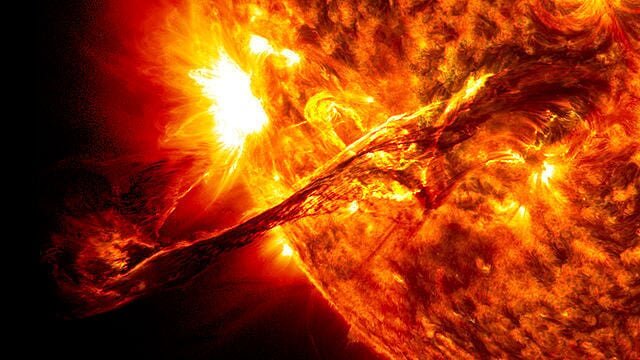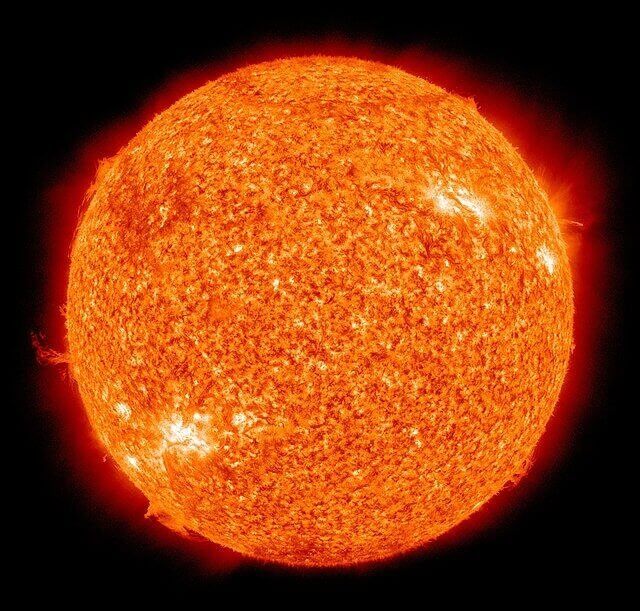Space's immense expanse is mesmerizing, as we've barely scratched its surface due to its vastness. Overflowing with marvels, certain space facts may sound fictional, yet they're entirely accurate. Ever heard that outer space is thought to smell like raspberries? And that it rains diamonds on Jupiter? Prepare for an engaging cosmic voyage as we unveil astonishing truths about the universe.
No Surprises Here
Space is teeming with asteroids— large rocks that orbit the sun. Over a million asteroids roam in the vastness, so their interactions with Earth are not uncommon. Meteors are fragments of asteroids that plunge through the atmosphere at impressive speeds. While they often ignite into luminous "shooting stars" upon entry, these celestial performers can often survive and make contact with our planet's surface...
The impact of an unexpected meteor on Earth is profoundly alarming. Such an event occurred in 2013 in Chelyabinsk, Russia, injuring around 1,500 people and causing over 3,600 windows to shatter, resulting in damages of approximately £11 million. Debates persist about whether it was a meteor shower or a full-fledged meteorite, but either way, there is an urgent need for scientists to develop meteor warning systems.
Eyeballs Take On A Different Shape
It has been hypothesized that astronauts who spend longer periods of time in space experience a variety of physical changes in their bodies as well as modifications to their DNA. They run the risk of becoming significantly nearsighted as a result of this. It is possible for astronauts to experience eyeball deformation, which can result in long-term complications.
This occurs as a result of the fluid that normally surrounds the brain beginning to expand after longer periods of time spent in space than would normally be the case. Because of this, the eyes swell, which makes it extremely difficult for a person to maintain their normal field of vision.
Have You Ever Heard Space?
Have you ever considered the possibility that there could be sound in space? It is generally accepted that space is devoid of any audible phenomena. Sound waves are able to travel through parts of space despite the presence of substantial amounts of interstellar dust in certain regions.
A few of the sounds that can be heard in space include the buzzing of an extremely large black hole, the reverberations of the expansion of the universe, and the groans of the Earth caused by the shifting of its crusts. In spite of the fact that human ears are unable to pick up on them, these sound waves are very much real.
Flattened By A Black Hole
Black holes, the mysterious phenomena caused by the collapse of massive stars, possess gravitational fields so intense that not even light can escape them. The vast distances between black holes and our solar system mean that astronauts aren't at high risk of stumbling upon one... but if they do, it won't be pretty.
The tidal forces—the difference in gravitational pull between the astronaut's head and feet—would be immense. This tidal stretching, known as "spaghettification," would occur due to the immense gravity gradient near the black hole. In this scenario, an astronaut could be stretched and compressed into a thin, elongated shape—a stark reminder of the formidable forces at play.
Diamond Rain on Neptune and Uranus
Neptune and Uranus hold a dazzling secret: diamond rain. These gas giants possess conditions unlike any on Earth, with extreme pressures and temperatures within their atmospheres. The carbon molecules that make up the atmosphere are subjected to immense pressure, causing them to crystallize into diamonds that fall like raindrops, creating a celestial spectacle.
The concept of diamond rain on these distant planets was initially met with skepticism but has gained traction as we've come to understand the unique environments of these gas giants. This phenomenon not only pushes the boundaries of our understanding of planetary atmospheres but also invites us to imagine the surreal landscapes that exist beyond our Earthly realm.
The Wow! Signal
In the annals of space exploration, the enigmatic "Wow! Signal" remains an enduring mystery. In 1977, an Ohio State University radio telescope picked up an unusually strong and brief burst of radio waves from the Sagittarius constellation. Lasting merely 72 seconds, the signal was so exceptional that astronomer Jerry R. Ehman jotted down "Wow!" on the data printout, hence its name.
Despite extensive efforts, the signal never repeated, defying explanations within the realm of natural phenomena or known human activity. Some speculate it could be an extraterrestrial attempt at communication, but the Wow! Signal's origin remains speculative, emblematic of the cosmic puzzles that continue to tantalize our curiosity.
No Need For Anti-Wrinkle Products
In space, time can slow down due to high gravity. This means that an astronaut on a fast-moving spacecraft could age slower than their peers on Earth. In fact, Scott Kelly and his twin brother, Mark, were the subjects of the study explored what happens to the body after a year in space. Scott Kelly spent a year in space and 7% of his genes did not return to normal after he landed, researchers found.
As a result of time dilation, astronauts who travel beyond Earth's atmosphere experience a weekly delay of one second in their clocks. Because of this, it appears as though they are aging at a slower rate than they would if they were living on Earth. That is unfathomable, don't you think?
Even Tears Float
While listening to "Tears Don't Fall" by Bullet for My Valentine, you most likely had the thought that it was impossible due to the gravity that exists on Earth. The absence of gravity, on the other hand, prevents tears from falling in real-time in outer space.
When an astronaut is crying in space, the teardrops that fall onto his face are more likely to congregate around his eyes. That would imply that, like so many other things, crying is also a struggle in space, which is consistent with what we've seen with so many other things.
One Explosion to End Them All
In a few billion years, there is a possibility that the entire universe will be destroyed by an explosion. The 'Big Rip' theory proposes that there exists a mysterious and all-pervasive force that is referred to as 'dark energy,' and this force has the potential to split every atom of matter on Earth.
In a paper that they authored, Robert Caldwell, a physicist at Dartmouth, along with a few professors from the California Institute of Technology, outlined and discussed this potentially catastrophic scenario. We couldn’t even fathom the possibilities that could come from this cataclysmic event.
An Interesting Meal Time
In the captivating realm of space, the act of dining takes on a whole new dimension for astronauts. Confronted by the challenges of microgravity, every aspect of eating demands careful consideration. Space food is meticulously crafted to cater to the unique conditions of weightlessness- dehydrated and vacuum-sealed to conserve precious space and prolong its shelf life.
Despite the apparent limitations, astronauts are treated to an astonishing variety of culinary options, from freeze-dried fruits to specially prepared dishes like shrimp cocktails. However, there are some adaptations... like using velcro and magnets to prevent them from drifting away. The dining area, though compact, becomes a place of shared camaraderie and creativity as astronauts find ingenious ways to relish their meals while tethered to their seats...
Footprints Are There to Stay
The rain or the wind will quickly remove any footprints that have been left on the ground. As a direct consequence of this, we do not care one iota about them. However, in contrast to the surface of the Earth, footprints left on the Moon could remain visible for millions of years!
On the surface of the Moon, the footprints left by Apollo astronauts Neil Armstrong and Buzz Aldrin would remain visible for more than one hundred million years. Because there is neither wind nor water on the Moon, the imprints of their footprints are expected to remain there until the Moon is either destroyed by a meteor or blown away by the wind.
Some Nasty Fluid Facts
Because there is so little water in space, it is common knowledge that astronauts have no choice but to consume their own urine and sweat while they are there. Can you even fathom the amount of recycled trash that they would have to eat in order to keep themselves alive for a whole year in space?
An astronaut by the name of Scot Kelly reported that while he was stationed aboard the International Space Station, he drank approximately 730 liters of his own recycled sweat and urine over the course of a period of one calendar year.
Space Geometry
Have you heard that the North Pole of Saturn is home to a massive swirling hexagon? This is quite substantial, both in terms of its size and its level of depth. It was found in 1988, and the only thing that scientists have been able to determine about it is that it has something to do with an air current called a jet stream that flows upward along the sides of the hexagon.
They looked for many years but were unable to locate any additional information on the topic. Discuss some of the mysteries that still remain in space. How many of these are we going to be able to unearth in the years to come? Who can say...
Sleeping Is Risky
Since you were a little kid, have you ever had the ambition to become an astronaut? Because of how challenging life can be, try not to feel too let down if it doesn't work out. Even a decent night's sleep is unattainable for astronauts.
When choosing a place to sleep, they have to exercise extreme caution; otherwise, there is a possibility that they will suffocate. If they don't sleep with a ventilator fan, carbon dioxide will build up around them while they sleep, which could result in their death.
Different Weather on Mars
Imagine that Mars, also known as the "Red Planet," is completely covered in snow. That's a pretty wild leap of logic there, don't you think? Nevertheless, research from the Phoenix Mars Lander in 2008 revealed that the red planet does, in fact, experience snowfall.
Mars experiences nighttime temperatures that drop below freezing, and the planet's unstable atmosphere can lead to ice bursts that are analogous to those that occur on Earth. On Mars, this phenomenon, however, can only be observed during the Martian night.
Space Is Bad for Your Body
An extended period of time spent in space can cause both short-term and long-term changes to one's physical characteristics, as well as have negative effects on one's body. When astronaut Scott Kelly returned to Earth after a lengthy mission in space, his body had a difficult time readjusting to the pressures and conditions of the atmosphere here on Earth.
He deteriorated to the point where he was unable to move, developed a fever, and experienced leg swelling. It felt as though his muscles and joints were being crushed by the gravity of the earth. It would appear that an expedition to Mars would put a significant amount of physical strain on the bodies of the astronauts.
Hungry Galaxies
A collision between galaxies is one thing, but what about cannibalism between galaxies? Galaxies are able to consume one another due to the gravitational interactions of tidal forces. Large galaxies have the potential to consume or merge with the galaxies that orbit around them, ultimately producing an entirely irregular galaxy.
What a strange thing to take place! The Whirlpool Galaxy, the Antennae Galaxy, and the Mice Galaxy each have their own version of these kinds of events taking place in them. We are able to tell you with complete assurance that you have not listened to this one before.
Saturn’s Rings Are Not Always Visible
Saturn is without a doubt the planet in our solar system that is the most mysterious and conceals the greatest number of enigmas and mysteries. This nefarious rogue has been causing a lot of trouble for the researchers right from the beginning of the investigation.
Saturn is a mysterious planet about which very little is known, from the length of a day on the planet to the enormous hexagon that lies to the planet's north. In addition to this, its rings come and go at completely unpredictable intervals. It would appear that the planet takes pleasure in maintaining its secrecy.
Have You Heard of Methane Rain?
Titan, the most well-known of Saturn's moons, possesses a level of intrigue that is comparable to that of the planet itself. Did you know that methane precipitation occurs on this moon of Saturn on an annual basis? Doesn't it make complete and utter sense to you?
Nevertheless, you are entirely right about that. When liquid methane rain collides with the icy surface, a variety of landforms, including rivers, mountains, and even volcanoes, can emerge. The space probe Cassini has successfully returned to Earth with a wealth of information on this methane storm as well as Titan's four distinct seasons.
Milky Way Is Moving
The Milky Way, which is also the name of our galaxy, is both our home and the location of our planet. Can you conceive of your home being sucked into space by an enormous and unknown entity? You have to admit that it makes you wonder what the future holds for us, don't you?
It doesn't matter what it looks like to you right now; large portions of our galaxy are currently being devoured by an unknown entity that is thought to be more massive than anything else in the universe. It was found in a study that took place in 2009.
All-Out Blackout
Just when you think that a city-wide power outage is bad, imagine a blackout that affects the entire world and is caused by superstorms. Isn't it a horrible thought? A coronal mass ejection (CME), which is also known as a solar superstorm, exploded into Earth's orbit in July 2012, colliding with the STEREO-A spacecraft.
This event is also known as a solar superstorm. According to Daniel Baker of the University of Colorado, the impacts and catastrophic after-effects would have been felt on Earth if the superstorm had occurred just one week earlier. That was a brush with disaster more than once.
Space Travel
Have you ever pondered the possibility that your DNA could evolve? We were aware that something like that could never occur in real life. The next piece of shocking information is that prolonged exposure to space can actually cause changes to your DNA. After spending a year aboard the International Space Station, astronaut Kelly came back to Earth having gained two inches in height.
Aside from that, there were found to be differences in both his physical appearance and his DNA between him and his identical twin brother. According to research conducted by scientists, the strain of traveling through space can alter the biological pathways within a cell.
Gamma-Rays Explode
Waves of ionizing radiation known as gamma rays are emitted whenever a tremendous explosion takes place in a distant galaxy. It is possible for gamma-ray bursts to wipe out an entire planet if they are aimed directly at it and unleash their destructive power.
In spite of the fact that it is so enormous, the distance between them and Earth is relatively comfortable. There will be a gamma-ray explosion once every five million years in our Milky Way galaxy, according to the most recent estimates. However, the radiation will most likely be located at such a great distance from Earth that it will have little effect on our planet.
Is There a Second Earth?
It’s being assumed that if resources from our Earth are expended, the habitation of life can take place in Gliese 581g, also known as Earth-two which is about twenty light-years away from our planet. Gliese is considered the prime possibility for human re-colonization.
However, half of the planet is actually uninhabitable because the star it revolves around is weaker than our sun. While one half of the planet is as freezing as the North Pole, the other half is boiling. This makes habitation possible only on one-half of the planet.
Space Has a Smell
Have you ever given any consideration to the smells that may or may not be present in space? After returning to Earth from a mission in space, it is discovered that astronauts have acquired a distinct and unusual odor on their bodies.
Those who were inhaling the odor frequently used the word "sulfurous" to describe it. The odor was said to smell like gunpowder, a hot meal, welding fumes, and seared steak. All of these descriptions were given. It would appear that there is some kind of odor in the space.
Temperature Is Falling Through Expansion
The temperature of the universe is decreasing as a result of the expansion of the universe, which causes the temperature to fall. In 2013, astronomers were able to determine the rate at which the universe is cooling by observing molecules that were present in a gaseous cloud that was located in a distant galaxy. They made the startling discovery that the current temperature of the universe is 270.27 degrees below zero.
The previous high temperature was 2.35 degrees higher than this new one. When the universe was only one-half as old as it is now, the temperature was -267.92 degrees Celsius. As a consequence of this finding, scientists came to the conclusion that the temperature of the universe is falling as it expands.
Sticky Business
When astronauts travel into space, unique preparations must be made for the disposal of their waste. They come in specially designed and constructed containers. However, the astronauts have reported that after a certain amount of time has passed, the feces become so pongy and spongy that the containers are unable to hold them any longer.
As a direct consequence of these components, which are now free to float after bouncing out of their respective containers, the astronauts are thrown into a state of confusion. Once an astronaut makes it to space, their job becomes much more difficult than it was on Earth.
More Planets Than Stars
It is difficult to fathom that there are a greater number of planets than there are stars in the universe, which contains billions upon billions of stars. It's been speculated that there are more planets in free-floating space than there are stars. In 2011, astronomers made the startling discovery of a swarm of planets the size of Jupiter that was floating in space unattached to any star.
According to the findings of the researchers, these rogue planets might be kicked out of distant planetary systems that are in the process of evolving. Their hypothesis suggests that there could be twice as many planets in free-floating orbit around the galaxy as there are stars.
Water Can Start a Fire
Is it conceivable that water could spark the ignition of a fire? Something analogous is a real possibility in space. In 2014, researchers came up with the term "supercritical water" to refer to a certain state that water can be in. This state is achieved by subjecting the water to temperatures higher than 373 degrees Celsius and pressures of 217 atmospheres for an extended period of time.
Even though flames are not produced, a burning effect is produced when this substance is combined with any organic matter. This supercritical water is put to use to get rid of the waste that the astronauts produce while they are in space.
Speed On Earth
Even if you're as lazy as a sloth, thanks to Mother Nature, you're still moving along at a pretty good clip. Researchers came to the conclusion that as a result of the rotation of the Earth, the average speed of each of its inhabitants is approximately 67,000 miles per hour.
In point of fact, because of the planet's orbit around the sun, the average speed of its inhabitants is increased by 490,000 kilometers per hour, which is an even more incredible achievement. Therefore, you now have a reason to be proud of yourself.
Space Glue
Everyone is familiar with the legend of "The Golden Touch," in which the king can turn anything into gold simply by touching it. In spite of the fact that nothing in space suddenly becomes made of gold, the joining of two distinct metals into a single entity can occur when they come into contact with one another.
This procedure, also known as "Cold Welding" or "Contact Welding," can only be carried out in an environment that is completely devoid of air. Despite the fact that most things in the universe are disintegrating, this one thing is starting to take shape.
Are Aliens Real?
Have you ever entertained the thought of conversing with a being from another planet? We are conscious of the fact that we have. Humans are not only the only intelligent beings in the Milky Way galaxy but also in the entire universe, as stated in a paper that was published in 2018 by the Future of Humanity Institute.
There has been a significant amount of time and effort put into investigating the possibility of extraterrestrial life; however, there is very little evidence to support the idea that aliens actually do exist. Who else can’t wait for this theory to be disproven?
One Day on Saturn
One of the most fundamental questions in astrophysics is, to this day, still unable to be answered: how long is a day on Saturn's surface? To this day, researchers are unable to agree on how long a day is on Saturn. According to data gathered by Voyager 2 in 1981, one rotation around Saturn took 10 hours and 39 minutes to finish.
On the other hand, the Cassini space probe was estimated that it took 10 hours and 47 minutes to complete. The length of the day on this massive gaseous planet has proven to be more challenging to calculate than the scientists had anticipated it would be.
Gigantic Black Holes
Did you know that a massive black hole is currently hurtling through space at a speed of five million miles per hour? 2017 marked the year that the Hubble Space Telescope made the discovery of such a black hole. It should come as no surprise that this can bring down anything that stands in its path.
Since it was discovered that gravitational waves were influencing it, the black hole will eventually be able to detach itself from the galaxy in which it was originally found and will begin to move throughout the universe. The fact that it is still eight billion light-years away from our planet is a source of great relief.
Dark Nights
Who doesn't enjoy a star-studded night sky? When there are people all over the world interested in stargazing, the last thing we want is for the night sky to be completely dark. On the other hand, this might turn out to be the case in the future. The Milky Way Galaxy is in the process of merging with the galaxies that surround it, which will result in significant changes to the night sky as seen from Earth.
The accelerated expansion, which would take place faster than light, would cause the galaxies to become even more distant from one another. Both the distinct bodies of the big bang and the expansion measurement points would be eradicated if this scenario were to play out.
Floating In Your Sleep
Is it possible to have a restful night's sleep even if your arms and legs are free to move about the room? There is simply no substitute for a restful evening spent in a cozy bed. During their time aboard the International Space Station, astronauts have reported that they experienced floating in their sleep.
Because there is no gravitational pull in space, limbs do not remain in the same position even when a body is sleeping. Instead, they are buoyant. When the astronauts talked about their time in space, this was one of the many unexpected events that occurred during their mission, and it was something that made them laugh when they recalled the experience.
Sun Mass Is Unfathomable
The task of determining the weight or mass of the solar system is a challenging one to undertake. The mass of the Earth is 5.972 x 1024 kilograms. If you believe that to be a significant amount of weight, get ready to have your assumptions challenged. That constitutes a smaller fraction than one percent of the total mass of the solar system.
The mass of the Solar System is made up of a total of ninety-nine point nine percent of the Sun; the remaining one point one percent is distributed among the planets and other heavenly bodies. Take into consideration the magnitude of the sun!
Do You Actually Live on The Sun?
Doesn't the idea that humans are the inhabitants of the sun sound completely bizarre? In a strict sense, that is not completely incorrect. In spite of the fact that the sun is located 93 million miles from Earth, its atmosphere is so vast that it can be seen from Jupiter, Saturn, Uranus, and even Neptune.
The heliosphere can be thought of as a bubble-like region of space that is dominated by the Sun. The Earth is located within this region of space. Do we, as a consequence, consider ourselves to be residents of the Sun at this point as well? Perhaps it does.

